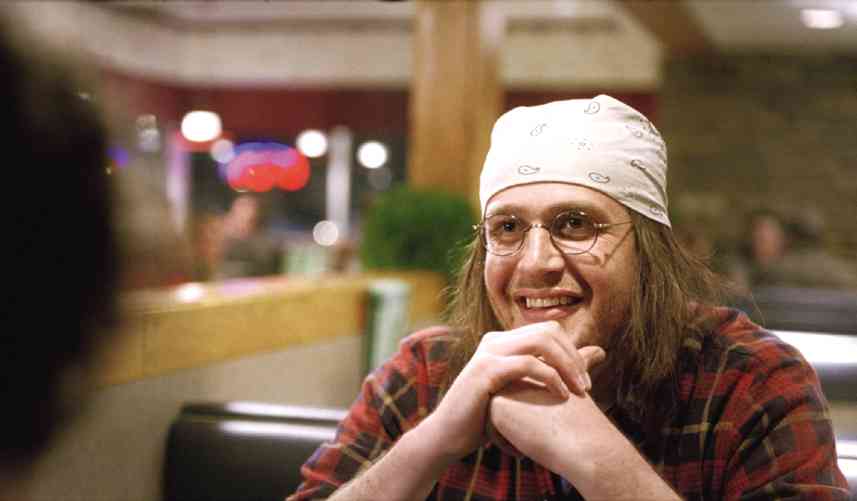Hollywood takes on troubled minds
LOS ANGELES—The 1941 film, “The Wolf Man,” presents Larry Talbot’s transformation from man to wolf as a form of schizophrenia. So little was known about mental illnesses then that the explanation may have seemed plausible.
Hollywood has come a long way since portraying someone with mental illness as a monster. The industry’s more realistic approach to such conditions is on abundant display this summer:
Among the conditions onscreen this season are personality disorder (“Welcome to Me”), bipolar disorder (“Infinitely Polar Bear,” “What Happened, Miss Simone?”), schizoaffective disorder (“Love & Mercy”), addiction and eating disorders (“Amy”), and major depression (“I Smile Back,” “The End of the Tour”).
Movies have a formative effect on popular concepts of mental illness in our culture, said psychiatry professor Danny Wedding, coauthor of “Movies & Mental Illness: Using Films to Understand Psychopathology,” making accuracy and empathy especially important.
Realistic presentations
Article continues after this advertisementRealistic presentations of people with mood or behavior issues can help promote understanding and ease stigma for real sufferers, who are plentiful.
Article continues after this advertisementOne in four adults experiences mental illness in any given year, and one in 17 lives with a serious condition such as schizophrenia or bipolar disorder, according to the National Alliance on Mental Illness (Nami).
While personal interaction is the most effective way to eradicate stereotypes about people with mental illnesses, Nami spokesperson Bob Carolla stated, “Movies can be surrogates for personal contact.” The organization consults with filmmakers about accuracy and promotes productions that get it right.
Sympathetic portrayals can also be reassuring for sufferers and their families, providing an explanation for some behaviors, said “I Smile Back” screenwriter Amy Koppelman.
Experiences of mental illness aren’t necessarily tragic, and Hollywood loves a story of triumph. Consider Geoffrey Rush as pianist David Helfgott overcoming schizophrenia in “Shine,” or Russell Crowe doing the same as John Nash in “A Beautiful Mind.”
Bradley Cooper’s bipolar character ultimately finds love in “Silver Linings Playbook,” and Brian Wilson finds himself in “Love & Mercy.” AP
